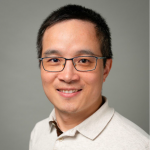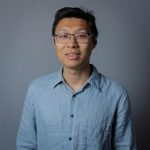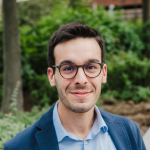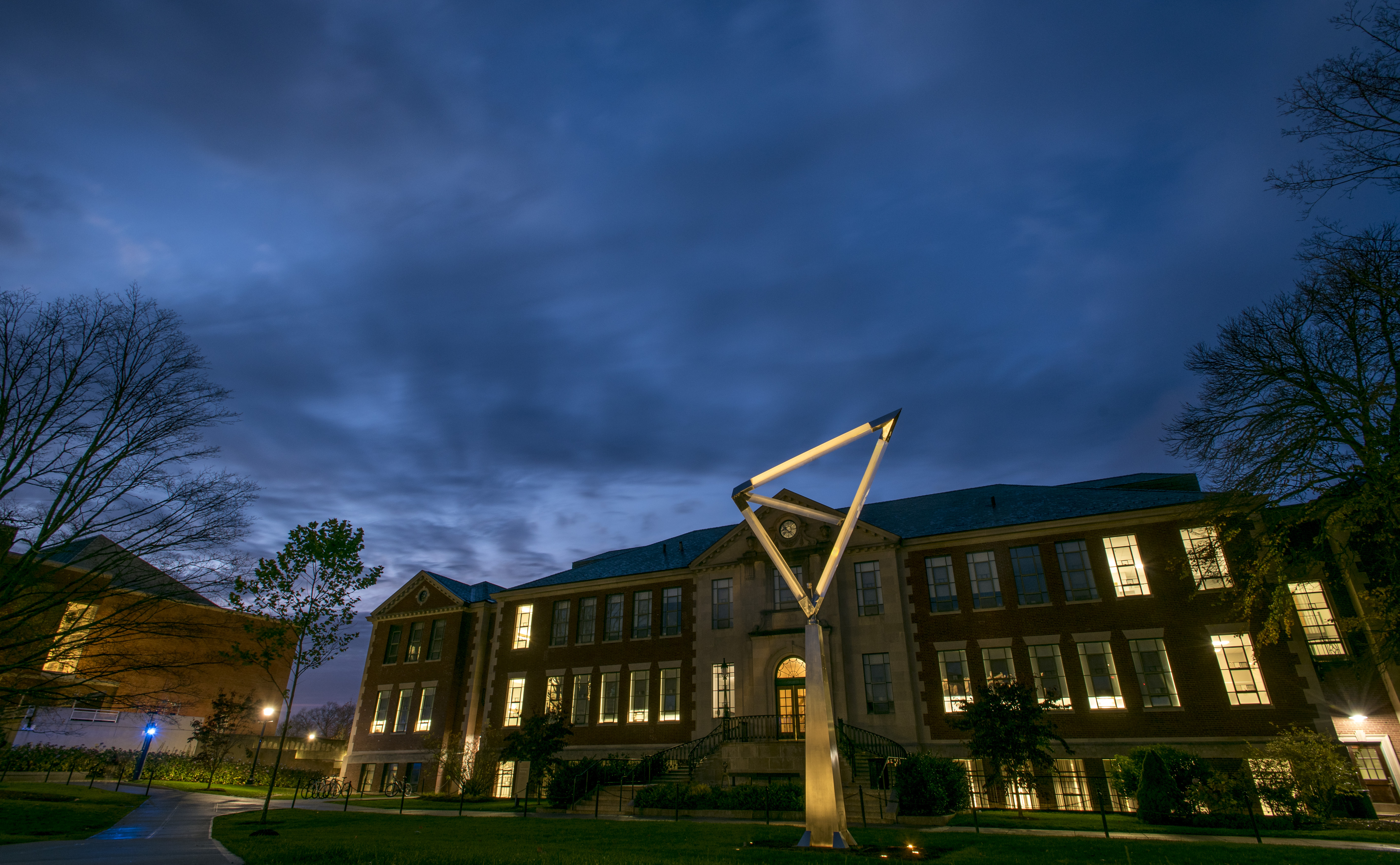UConn’s College of Engineering has hired several new full-time faculty. This new cohort of talent will bring additional expertise to UConn Engineering’s strong academic bench.
“We are thrilled to welcome these outstanding new faculty members to the College of Engineering,” says UConn Engineering Dean JC Zhao. “Their expertise will strengthen our R1 research enterprise, enrich the educational experience for both undergraduate and graduate students, and help drive innovation that supports the economy of Connecticut and beyond. Together, they represent the next wave of leaders who will advance our mission of excellence in research, teaching, and service.”
Eight of these faculty began their UConn Engineering week in late August, with one hire starting back in January.

Stefan Muller, Assistant Professor, School of Computing
Professor Muller joins us after working as a Gladwin Development Chair Assistant Professor at Illinois Institute of Technology. His research focuses on using programming language techniques to write correct and efficient software for application domains.

Genesis Quiles-Galarza, Assistant Professor-in-Residence, Chemical and Biomolecular Engineering
Professor Quiles-Galarza joins the CBE department after completing her doctorate at the University of Pennsylvania. Her research primarily focuses on density function theory, machine learning, and water oxidation catalysts.

Zhi Li, Assistant Professor, School of Civil and Environmental Engineering
Professor Li joins the school from the Pacific Northwest National Laboratory, where he was a Postdoctoral Research Associate. His research interests focus on computational hydrology and hydraulics, solute transport, environmental fluid mechanics, and fluvial geomorphology.

Kai Yu, Assistant Professor, Biomedical Engineering
Professor Yu joins us from Carnegie Mellon University where he served as a research scientist. His research has largely focused on neural computation, brain imaging, and transcranial focused ultrasound neuromodulation.

Visar Ajeti, Assistant Professor, Biomedical Engineering
Ajeti joined the UConn College of Engineering team in January 2025.
Previously, Professor Ajeti worked as an associate faculty member at Post University, as well as an adjunct professor at Connecticut State Community College. Professor Ajeti has focused his research interests on the fabrication of 3D biological constructs, the biomechanics of wound healing, and mechanical models of placenta invasion.

Justin Furuness, Assistant Professor, School of Computing
Professor Furuness is a UConn Engineering alum, graduating with his B.S. in computer science and engineering in 2019, his M.S. in computer science and engineering in 2021, and his Ph.D. in computer science and engineering in 2024. His research has heavily revolved around the security of Border Gateway Protocol (BGP) and Python.

Jean-Claude Franchitti, Assistant Professor-in-Residence, School of Computing
Professor Franchitti joins us from NYU where he served as a clinical associate professor and associate director of graduate studies – MSIS Program. He founded Archemy, Inc., a AI product and services company the developed a platform to help evolve business solutions by leveraging the latest technologies. Franchitti will also serve as the director of the UConn Stamford computing program.

Yuyang Wang, Assistant Professor, Electrical and Computer Engineering Department
Wang joins us after receiving his Ph.D. from UC Santa Barbara and serving as a post-doctorate at Columbia. He is a photonics researcher with expertise in integrated photonics, optical interconnects, photonic computing, heterogeneous integration, and design automation.

Daniel Vivona, Assistant Professor, School of Mechanical, Aerospace and Manufacturing Engineering
Vivona earned his Ph.D. in Mechanical Engineering from MIT. He also holds BS and MS degrees in Energy Engineering from the Polytechnic Institute of Milan, and an MS in mechanical engineering from UConn.
His research explores atom-level energy conversion processes to develop innovative design solutions for ion transport and interfacial phenomena in advanced energy materials. His work aims to drive forward next-generation electrochemical energy conversion devices, combining physics-based modeling, atomistic simulations, and data-driven approaches to bridge multiple time and length scales.



